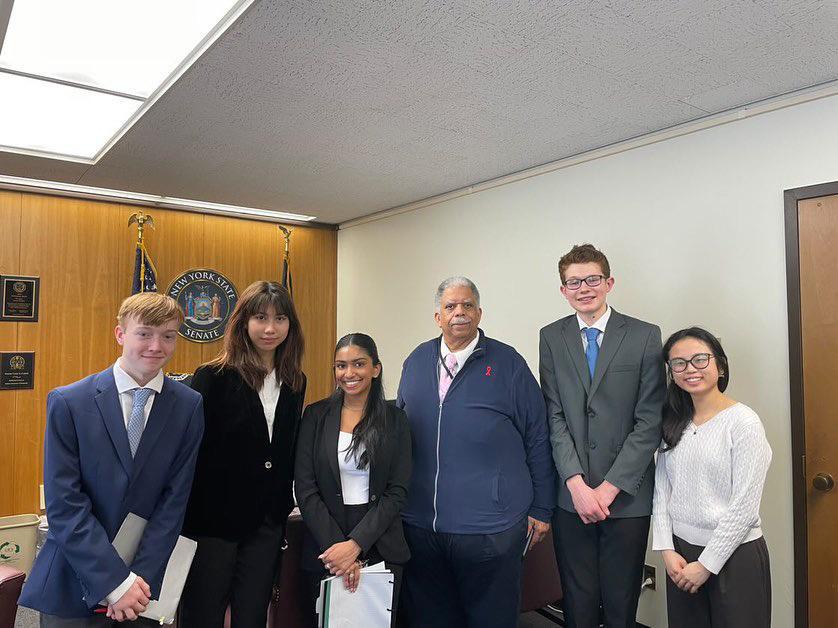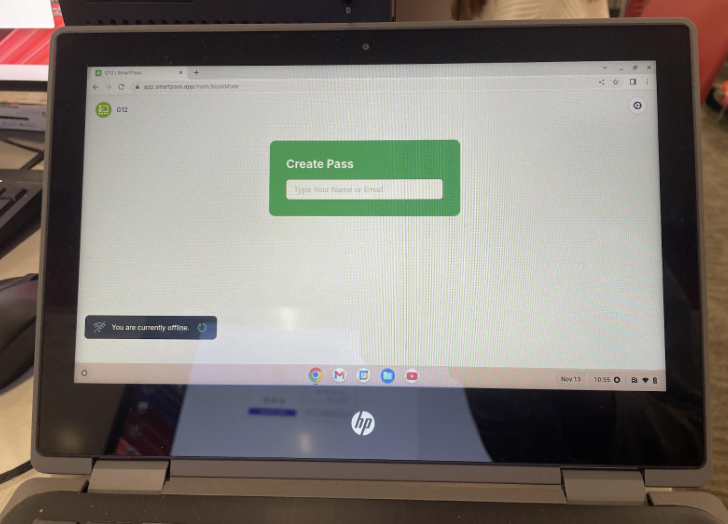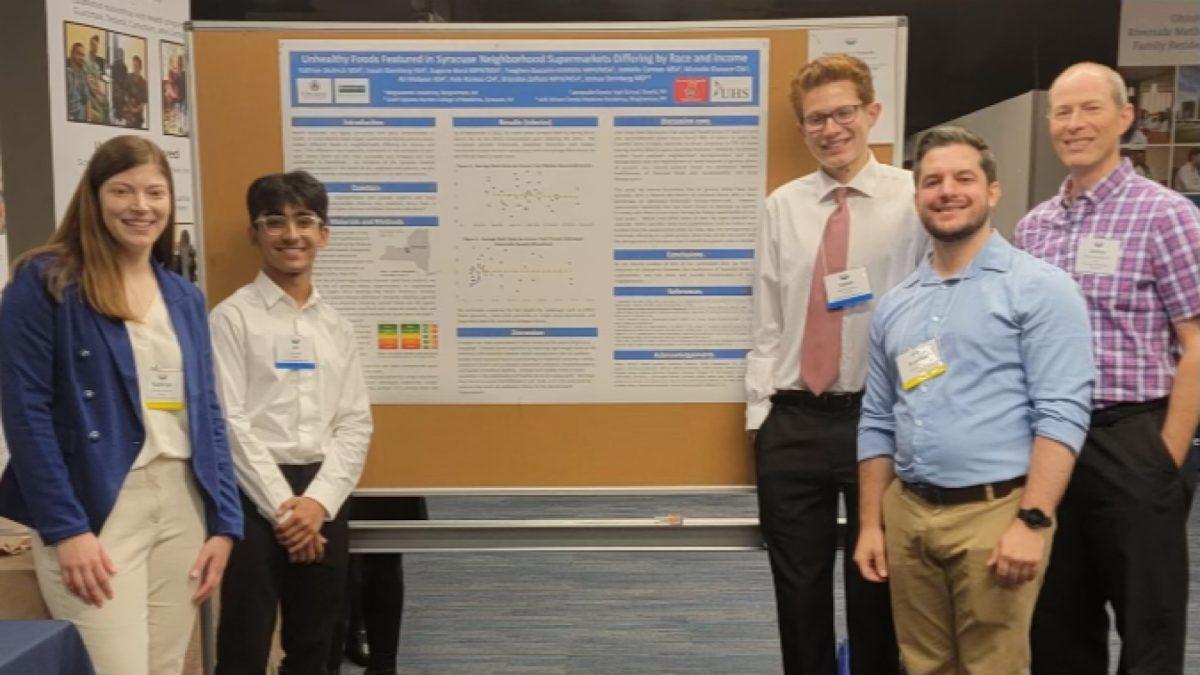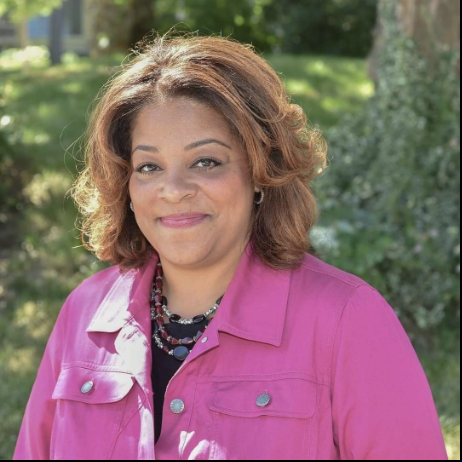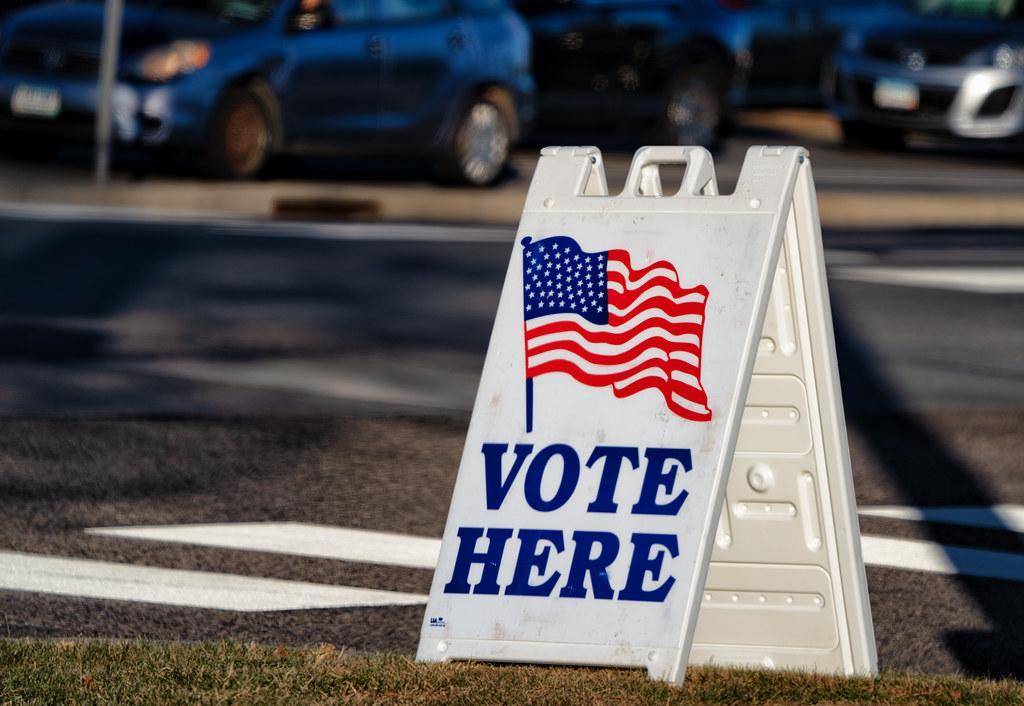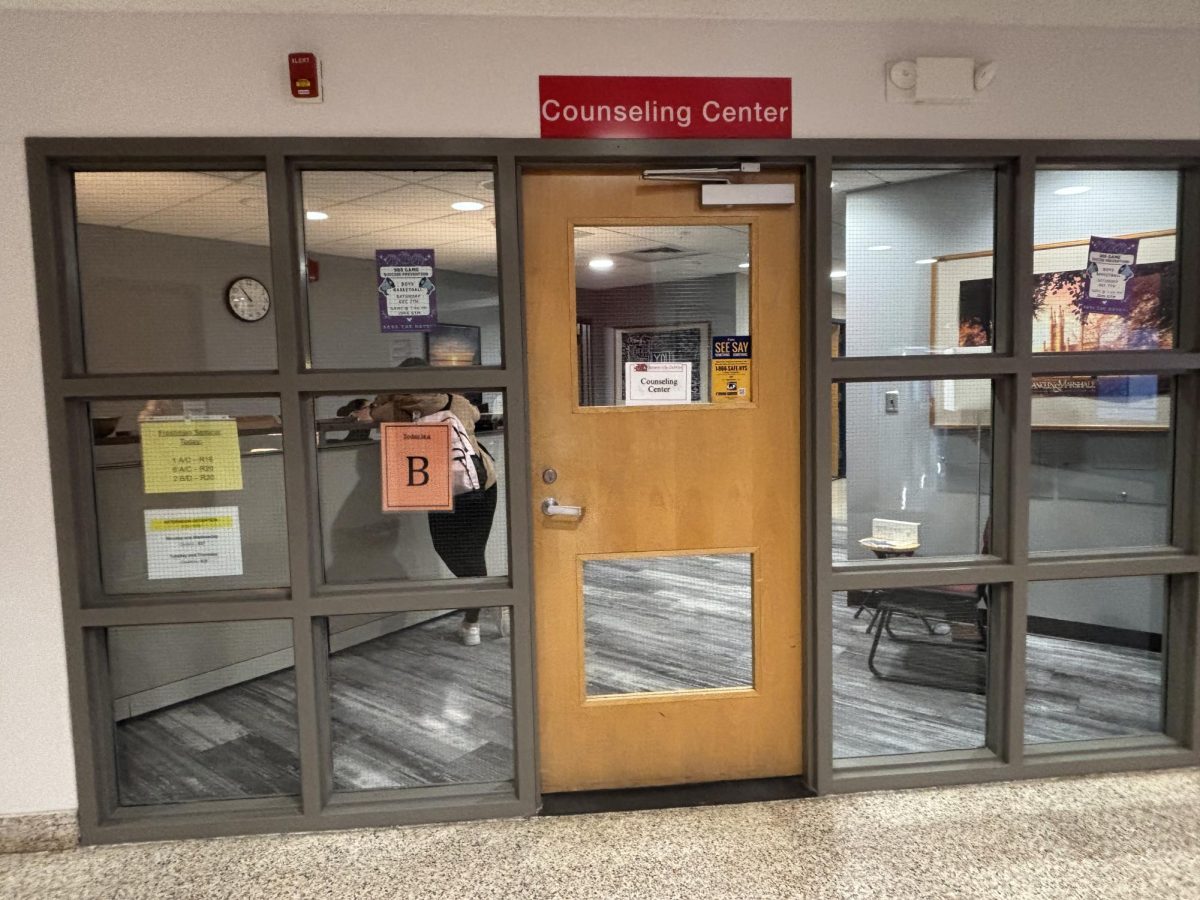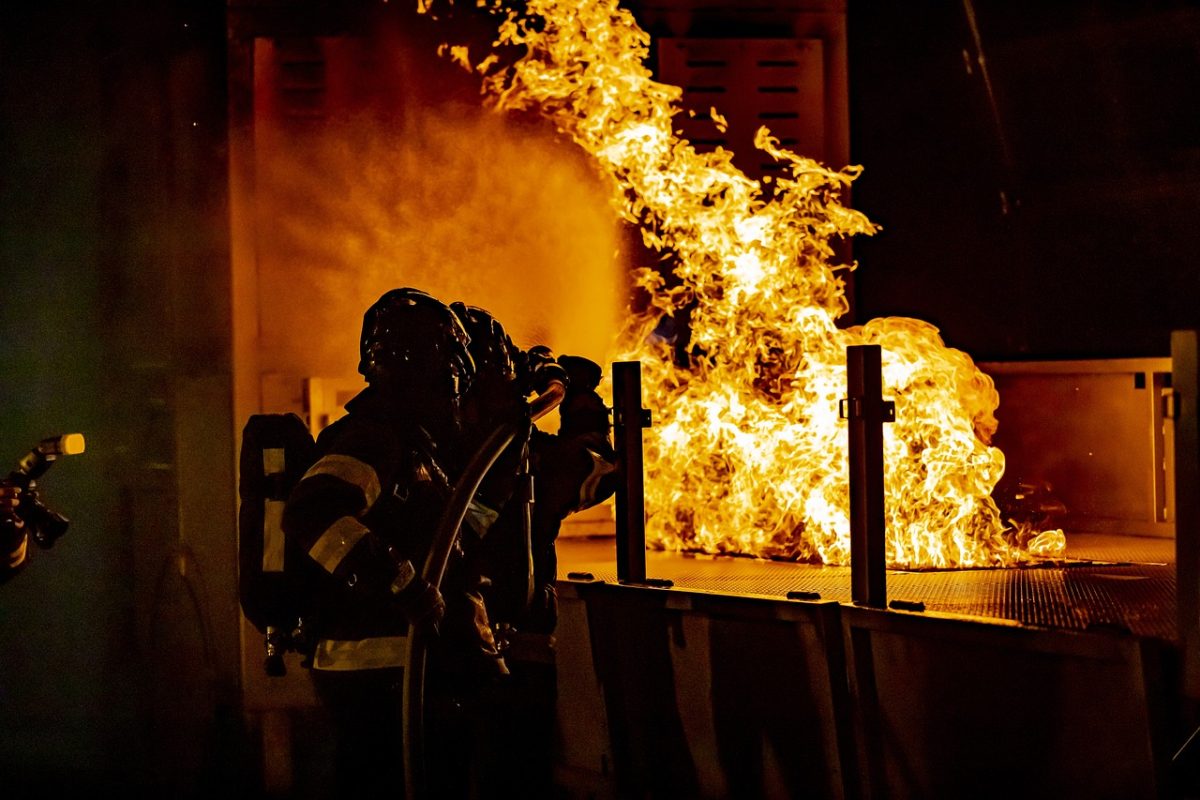One foot of snow could not stop 55 high school student journalists from traveling to New York State Capital Albany on Tuesday, Feb. 28 to advocate for their rights. The students, along with their newspaper advisors and coordinators from New Voices New York, met with state senators and assembly members to spread awareness of the Student Journalist Free Speech Act. If passed, the bill would protect student journalists from censorship and protect student media advisors from retaliation for content published in school publications.
The Student Journalist Free Speech Act aims to fight back against the censorship permitted by the Supreme Court case Hazelwood v. Kuhlmeier, which established that schools can restrict student journalists’ free speech if it is “reasonably related to legitimate pedagogical concerns.” For decades, this ambiguous ruling has been utilized by school administrators to censor controversial articles. For example, at the College of Staten Island High School for International Studies, the principal censored an article in the newspaper, The International Insider, on the Israel-Palestine conflict because it was “one-sided.” Advisor Nancy Kaplan, who was a new teacher, relented because she feared retribution from the administration.
New Voices New York Co-Coordinator and co-author of “A NewsHound’s Guide to Student Journalism” Katina Paron played a key role in engaging student journalists and planning the 2023 Advocacy Day in Albany. Paron says that many of the effects of rampant censorship in student journalism are unseen. “Self-censorship is a really big, insidious issue. In New York State, [some student journalists] think they can’t write about an issue because of the school environment. No one’s telling them they can’t write about it, but they have a feeling that they can’t, or no one’s told them they can write about something. A lot of the self-censorship is toxic and poisonous, but a lot of times people don’t see that as censorship,” reports Paron.
In Albany, the New Voices student journalists met with dozens of state senators and assembly members to ask them to sponsor the Student Journalist Free Speech Act. As a result of students’ efforts, the bill gained 11 new sponsors: Senator Leroy Comrie (D-14), Senator Cordell Cleare (D-30), Senator Jabari Brisport (D-25), Senator Jeremy Cooney (D-56), Senator Nathalia Fernandez (D-34), Assembly Member Steven Raga (D-30), Assembly Member Marcela Mitaynes (D-51), Assembly Member Karines Reyes (D-87), Assembly Member Brian Miller (R-122), Assembly Member Scott Bendett (R-107), and Assembly Member Charles Lavine (D-13). The bill’s main sponsors are Senator Brian Kavanagh (D-26) and Assembly Member Donna Lupardo (D-123).
According to Paron, “The goal [of the Advocacy Day] was really to spread awareness of the issues facing student journalists and to get as many additional sponsors to the bill as we could. It turned out that we visited all the legislative offices in Albany, which I believe is 218 offices. We did 218 office visits. So far we have 11 new sponsors. Based on all of that, it was an extremely successful visit, even if it was a little chaotic.” Of the 130 students who signed up, only 55 could attend due to the snow accumulation.
Stuyvesant High School senior and Photo Editor of The Spectator Zifei Zhao attended the Advocacy Day. Zhao reflects, “I wanted to see how the lawmaking process worked, and I thought it would be a really cool way for me to go up [to Albany] and see how local governments work. And it was a law that really pertained to what I was doing, and it’s something I could relate to. I had initially agreed, and then I learned a little more about the bill. I was talking to my fellow editors and writers, and I felt like it was a win-win bill. It helped student journalists, it helped advisors. It was really a bill that would help everyone in the community and everyone that would be involved in it. I felt like there were really no cons to the bill. That’s why I wanted to talk about it and share my voice on it as a student journalist. Thankfully, I have never really experienced huge cases of censorship, but I know how important it is to have the ability for student journalists to publish what they want, and publish their opinions, and share them with the rest of the world without fear of censorship — creating and fostering that community in the school. Especially because creating journalism is such a privilege. It really connects the student body and the administration. Signing this bill would help a lot of schools foster that meaningful community that I’ve built in my school. I felt it was a really important bill that I could support.”
Based on past New Voices advocacy, Paron notes that because legislators rarely get to meet with high school students, one meeting can have a measurable impact on the Student Journalist Free Speech Act. “We know from past conversations from legislators that it really does matter when young people reach out to them and tell them, ‘Hey, this is what matters to me, this is why it matters, and this is how I want you to vote.’ We’ve gained sponsors in the past because they didn’t know this bill existed, they didn’t know it was an issue, and they voted to support it just because someone gave them a call and asked to talk to them about it.”
Zhao remarks that she enjoyed the New Voices Advocacy Day, but she recognize that it will be difficult to see the direct effects of her advocacy. “I also had the chance to walk around and explore the Capitol after we talked to everyone. I was able to actually see the process of bill making and how the legislators vote on the floor. It felt very slow. There’s so much happening every day, but at the same time, nothing much really happens. It all adds up eventually, but from a long-term standpoint, there’s not much happening. There’s not much real, active change happening. If you’re someone who really wants to do work that can be seen quickly — quick change — I think [political advocacy is] not the best way to do it. I think you can put your effort into community organizations that make more direct and active change. But if you really want long-term change, and you’re willing to put in the patience and the work, and to go back up and talk to these people and follow up months or years after, and really see these bills get passed and make a huge difference, then [you should consider political advocacy]. I would definitely recommend [political advocacy] for everyone just so that they can learn more about the local government and realize how things work. But at the same time, you can also put your efforts into other ways to make change.”
However, especially for student journalists, Paron believes passing the Student Journalist Free Speech Act is crucial to maintain journalistic integrity in high schools across New York State. Paron encourages high school students to advocate for what they believe in. “It’s really important [for teens to advocate for their rights], especially because adults are making decisions about kids’ lives all the time, but they’re never asking for feedback or consultation. So when young people advocate for what they believe in, they step out of their assigned role as: ‘children should be seen and not heard.’ Once you have young people being heard about issues that they care about, that really helps create a system where young people and adults are on equal footing. It really helps give young people a seat at the table.”
To get involved in New Voices and the Student Journalist Free Speech Act, Paron suggests emailing New Voices and meeting with legislators. “We still need young people to be involved in this issue. If they go to our website, newvoicesny.com, there’s a way to contact us. Email us, follow us on social media, share and like our work on social media. Once the bill is passed, young people still have a role to play in New Voices because then our job is to spread the word about what rights student journalists have and to always be on top of making sure that they have the rights that they deserve and are given to them. It’s really [about] being on top of it and paying attention to what’s going on around them. Sometimes it’s educating adults too. There are going to be a lot of cases where it’s up to the student journalist to tell their administrator, ‘No, we have the right to publish this. You do have the right to review the material, but you don’t have a right to tell us what we can and cannot publish.’”
As New Voices continues to recruit sponsors on the Education Committee, the organization hopes to get the Student Journalist Free Speech Act to a vote in the State Senate and State Assembly before the legislative session ends on June 8. Paron hopes to engage student journalists in another Albany Advocacy Day in April.





























